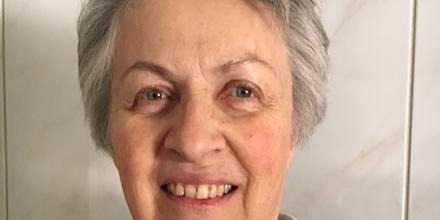The Forgotten Periphery: Creating the Iraqi public sphere

Too many observers of present-day Iraq have accepted the argument that the nation-state was
created, and remained the monopoly of certain groups. Because narratives of the past, particularly Arabic-language memoirs, have never been taken into account in the manufacture of this rigid (and unsophisticated) argument, the dynamics of diverse groups outside of the government and their influence on regime politics is frequently ignored. And yet, despite the purported Sunni and Arab-centric biases of Hashemite Iraq and the later republican regime of Abdul-Karim Qasim, the voices of the so-called periphery were quite influential in the making of the Iraqi nation. Activist leaders did emerge from regions tenuously linked to the formative nation. Moreover, some of them were co-opted into government, thereby giving the lie to the alleged inflexibility of the politics of the period. This lecture will be based primarily on recently-published Arabic-language memoirs of ex-politicians, poets and journalists who lived in the Hashemite and early Republican eras and who left important records challenging stereotypical, exaggerated and unidimensional explanations of nation-formation in Iraq (1941-63).
Hala Fattah received her PhD from UCLA in the history of the Modern Middle East in 1986. She has authored two books: ‘The Politics of Regional Trade in Iraq, Arabia and the Gulf, 1700-1900’, (SUNY Press, 1997); and ‘A Brief History of Iraq’, (Facts on File, 2008) and various articles on late Ottoman and independent Iraq. She taught the history of modern Middle East, Iraq and the Gulf at Georgetown University, and then worked as a researcher in Jordan at Prince Hassan ibn Talal’s office and the Royal Institute of Inter-Faith Studies. In 2004, she became the resident representative for The American Academic Research Institute on Iraq (TAARII), an organisation devoted to academic exchange. In 2006, she joined the Scholar Rescue Fund, a programme focused on the placement of endangered Iraqi scholars in neighbouring Arab and non-Arab countries. From 2013 to 2015, she was Assistant Professor in the Humanities Department at Qatar University, where she taught the history of the Indian Ocean. Hala Fattah is now an independent scholar and a consultant in Amman, Jordan.
Dr Fattah is visiting the Centre for Arab and Islamic Studies, as part of the International
Speakers Program supported by the Australian Government through the Council for Australian Arab Relations of the Department of Foreign Affairs and Trade.









